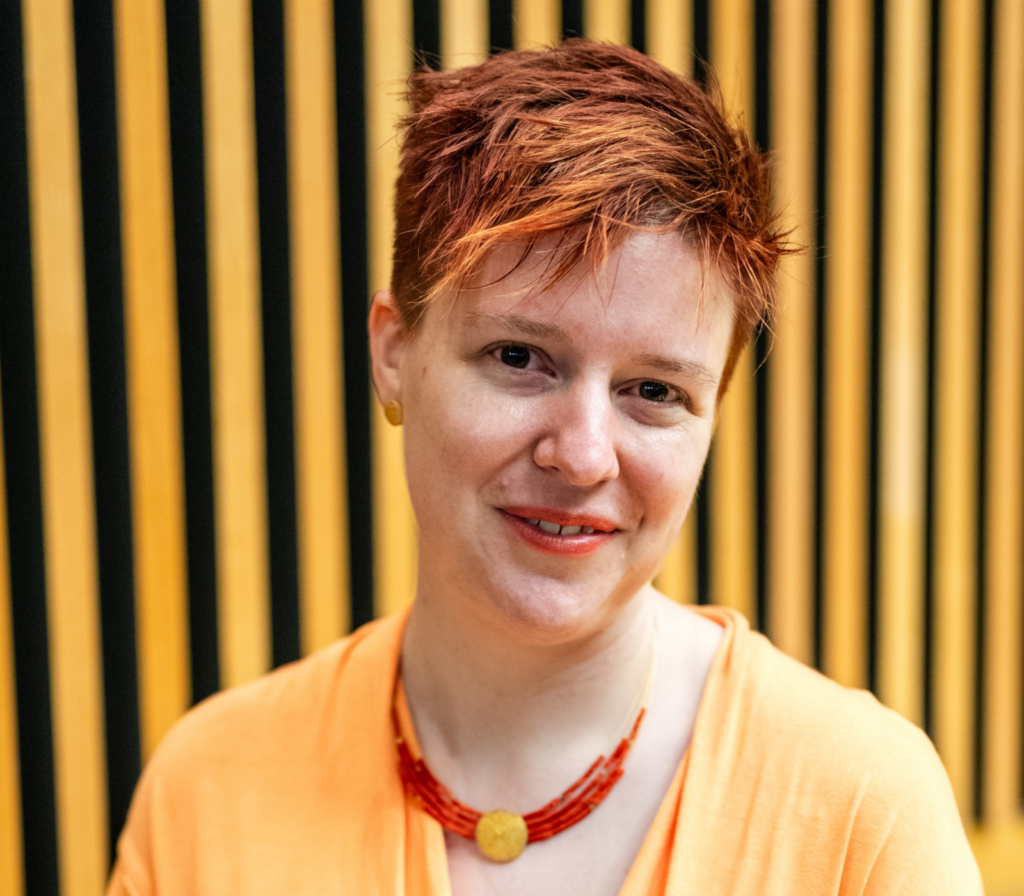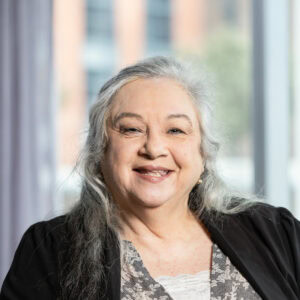In the ongoing process of adopting international best practice, integrating growing understandings of climate, and supporting and rewarding South African green building excellence, the Transforming Tomorrow update of Green Star New Build draws on industry expertise and engagement to deliver a tool that is current, streamlined, and responsive. Part of that journey is taking the green building certification space into new areas of challenge and opportunity. The Green Star New Build V2 Category ‘People’ is one of those spaces.
Since Plato and Shakespeare, we’ve understood that the built environment exists for, and because of, the people who occupy and animate it. However, the planning and realisation of our buildings, cities, and sustainability measures has only more recently turned its attention to becoming human-centric and people-driven. This has been especially true of the green space, which has been slow to shift its focus from the more easily measured and more completely understood environmental arena, to truly tackle the social.
Later this year, the World Green Building Council will be launching the results of a long-term process held by their Better Places for People Programme, as a guide to understanding and engaging with the concept of Social Equity through a Green Buildings lens. This is a manifestation of a broader movement to put the ‘S’ back into ESG, and focus on the people and communities who design, build and use green buildings.
The ‘People’ category of the Transforming Tomorrow update represents a focus that is broadened to wider society, and focused on elements of that society who are not always represented in our construction processes or adequately served by existing designs. It is still a work in progress, as any move beyond the traditional realms of green certification must be designed through dialogue with market, green professionals, green builders, and green tenants. This conversation is on-going, and some details of the category may still be subject to change.
However, at a high-level, there are four focus areas within the category, each with its own credit. Two of these focus areas are a streamlined and strategic incarnation of some of the ideas contained within the Socio-Economic Category published as an optional path to points by the GBCSA in 2016. These ideas remain relevant and have the potential to add huge value to both projects and the country as a whole, but to make them more accessible to teams, they have been narrowed and focused.
Socially Responsible Building Processes focuses on rewarding market excellence in going above and beyond legislated employment equity requirements to ensure the inclusion of the target groups of women, youth and people with disabilities on construction sites and within project processes.
Social Equity calls on project teams to demonstrate the projects proactive generation of social value, either through social responsibility ratings of project teams, or the creating of physical space within the project to support micro enterprises.
The third focus area of the ‘People’ category is around equity of use, access, and enjoyment of the project’s buildings and spaces for the people who use them, who may have a range of different and specific needs. Input from a Universal Access and Inclusive Design expert is driving a menu of design interventions that project teams can apply to ensure that Green Star projects are welcoming to everyone and change business-as-usual to business-as-inclusive.
Finally, the category rewards projects that pro-actively seek to deepen the skills within, and broaden understanding about the green building space, either through knowledge share between experienced and beginner Green Star Accredited Professionals, or by supporting the entire project team, including contractors and sub-contractors, in receiving training around green construction techniques and technologies.
The ‘People’ category of Transforming Tomorrow is ambitious. It has to be. There is a growing chasm between the established green building response to the ecological and engineering sectors, while social equity, inclusivity, and social responsibility lags. If we are going to bring sustainability back to being for, and about, all of us, then we are going to have cross that chasm. Incremental progress in small, secure, steps just isn’t going to get us there.



